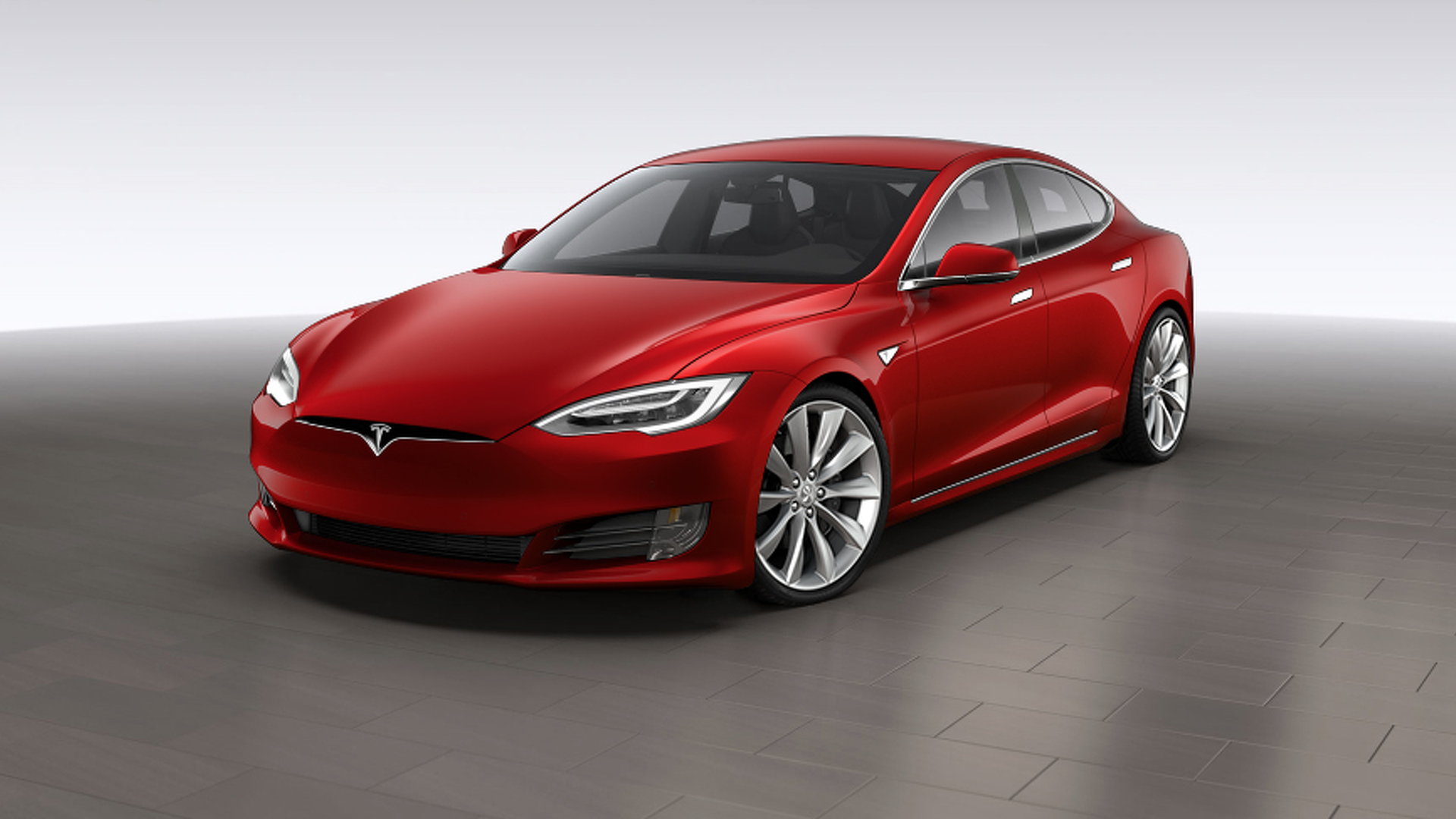

Self-driving car partnerships are all the rage these days. Just this week, Waymo and Lyft announced a collaboration, and Delphi joined an existing team consisting of BMW, Intel, and Mobileye. But there’s one potentially-groundbreaking team-up that didn’t happen.
Last year, Uber CEO Travis Kalanick approached Tesla CEO Elon Musk about a self-driving car partnership, and was rejected, according to Bloomberg. The information comes from Wild Ride, a book by Fortune writer Adam Lashinsky scheduled for release next week.
Kalanick pitched the partnership to Musk as a way to compete with Apple. The tech giant had just invested $1 billion in Didi Chuxing, Uber’s Chinese rival in the ride-sharing business. Speculation regarding a possible Apple electric car had also reached a fever pitch. Kalanick is a Tesla admirer; in 2015, he reportedly said he would buy 500,000 self-driving Teslas by 2020 if the company could develop the technology that quickly.
“I said, ‘Look man, we should partner,'” Kalanick said in an interview for the book. The Uber CEO said Musk spent the rest of the call “convincing me that it’s too far out, and it’s not realistic,” which Kalanick took as a sign that Tesla was planning to compete with Uber.
Musk had previously made statements to the effect that Tesla would pursue self-driving cars, and the company had recently launched its Autopilot driver-assist system. Days after the call, Musk unveiled his updated “master plan” for Tesla, which included a proposal for allowing Tesla owners to use self-driving cars in a ride-sharing service, along with some cars supplied by Tesla to provide adequate coverage.
If that plan becomes reality, Tesla would indeed be competing with Uber by offering its own autonomous ride-sharing service. Most self-driving car partnerships work because each partner has a distinct role. One company supplies the cars while another supplies the tech, etc. But Tesla and Uber’s overlapping goals probably would have made partnership difficult.
A few months later, Tesla rolled out its “Hardware 2” sensor suite in production cars. Musk has said this more-extensive collection of cameras and radar units could form the basis for full autonomy, although so far Tesla has been primarily focused on giving the newer Hardware 2 cars the same Autopilot functions previously available on older cars.
Meanwhile, Uber has moved ahead with its own self-driving car program, launching public pilot demonstrations and developing a partnership with Volvo. But the company has had setbacks, including a spat with the California DMV that forced it to temporarily pull its self-driving cars from the state, a crash, and an ongoing legal battle with Waymo over alleged stolen trade secrets.